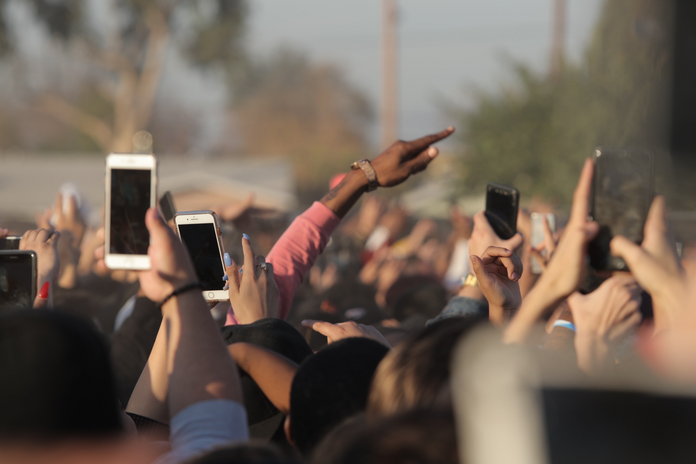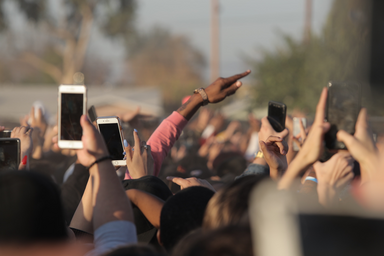Last Friday was a parade of one catastrophe after another—Baghdad and Paris were both hit by terrorist attacks, only a day after Beirut had suffered an attack as well.
In the following week, the world’s monuments were all lit up with the French flag as a show of solidarity, and people on Facebook were given the option to use a French flag filter for their profile picture. Seventy million Instagrammers shared Jean Julien’s “Peace for Paris” logo. Article after article, people questioned who the victims were, who the attackers were, and how the beautiful city was faring in spite of the terrifying incident.
Inevitably, the inquiry arose as to why so much concern was being shown for the deaths in Paris, but almost no attention had been given to Beirut the day before or Baghdad the same morning. Why was there no flag filter for Lebanon or Iraq? Where was the showing of solidarity for mourning families in the Middle East?
One of the first classes I ever took here at Duke was a writing course titled “Islam is not ISIS,” in which we addressed all the stereotypes the average Western mind carries regarding Muslims and the Middle East. We quickly realized that it was almost inevitable for news-watchers in America to know nothing about the incredibly complicated situation in places like Syria and Lebanon, given that all the news that comes from that region is usually related to terrorism.
As a result, the bombings in Beirut and Baghdad don’t make the headlines in our brains. A bombing in Paris, the city of love, however, does. It makes less sense, and therefore deserves more of our attention.
The tricky part is whether or not to use that Facebook filter, or if to share that “Pray for Paris” logo. Does showing support for only Paris take away from the suffering of people elsewhere? Is it even helping anything?
Social media is a game-changer in the modern world, because now people have a new tool that can allow them to get involved in the conversation about whatever is going on. Social movements like Black Lives Matter have proven how much power a hashtag can carry, and Facebook has become people’s main provider of news.
That being said, just because we now have the power to post something doesn’t mean that we always should, and it definitely doesn’t mean that we’re always changing things for the better by showing support online.
After all, the flood of support for Paris only showed how strictly Western our sympathy is. If you ask me, the ones that are in dire need of our attention are the Syrian refugees, and we seem to have either forgotten about them or put them under the same category that we put ISIS: the dark recesses of bad stuff in the back of our minds.
At the end of the day, what we talk about on Facebook does not determine what we truly think nor how we will act, and this is where social media falls short. We can post about how truly sorry we are for days on end, but Paris will heal itself by uniting and embracing its culture, not by seeing how many people have a French flag on their profile pic.
Similarly, the things we don’t post about—our lack of online prayers for Syria and Lebanon and Iraq—do not mean that we have lost our ability to empathize with people across the world.
As powerful as social media can be, I believe that we sometimes need to choose to mourn in real life instead of online. We may only be able to pick one country to decorate our online profile with, but in our hearts we can keep as many countries as we want, for as long as they need us to. Real hope isn’t found in an article or through a hashtag, but in each other, and that’s where we need to start looking if we’re going to make it through these scary times in history.

